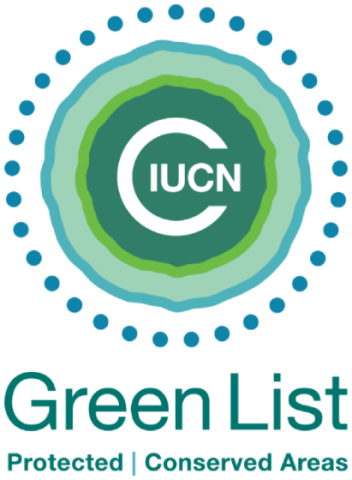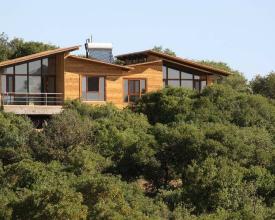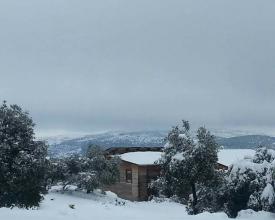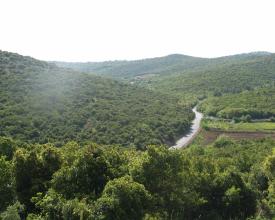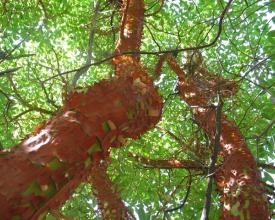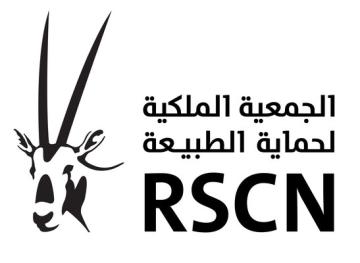
Le rôle de l'écotourisme dans le développement socio-économique de la réserve forestière d'Ajloun
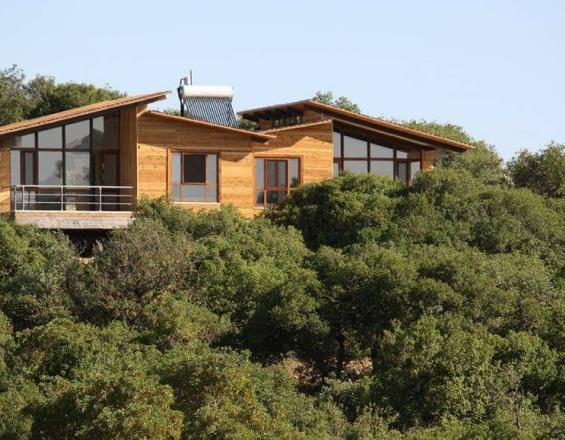
La réserve d'Ajloun couvre 12 km2 des dernières parcelles de forêt fragiles et fragmentées du nord de la Jordanie. L'élément le plus important de la solution adoptée par le RSCN pour intégrer les communautés locales dans ses programmes de conservation est l'écotourisme à faible impact basé sur la nature. Nous avons développé des infrastructures et des équipements d'écotourisme (cabanes, restaurants, sentiers) pour attirer les amoureux de la nature à passer la nuit dans la région, qui n'accueillait qu'un nombre limité de visiteurs d'un jour avant la création de la réserve. Nous avons relié la réserve aux attractions historiques et culturelles environnantes, créant ainsi des bénéfices et des revenus alternatifs pour les communautés locales, et nous avons aidé à la réhabilitation des maisons locales situées le long des sentiers de randonnée pour en faire des points d'arrêt pour la nourriture et les boissons. Notre produit écotouristique dépend des ressources naturelles et culturelles, d'un faible niveau technologique et d'un faible impact négatif sur la nature, tout en respectant la capacité de charge des sites.
Contexte
Défis à relever
Emplacement
Impacts
L'écotourisme et les projets socio-économiques ont contribué à générer des revenus pour soutenir les programmes de conservation dans la réserve forestière d'Ajloun. La solution du RSCN a permis de créer des emplois "à partir de la nature", de changer les attitudes à l'égard de la conservation et d'aider les gens à comprendre et à valoriser leur patrimoine naturel.
La réserve d'Ajloun est devenue un "moteur économique" dans le gouvernorat à faibles revenus, car elle a contribué à créer de nombreuses opportunités d'emploi (45 employés à temps plein). Notre rapport annuel sur les bénéfices de la zone protégée montre qu'en 2017, les dépenses de la réserve se sont élevées à 369 000 JD, principalement consacrées aux salaires, aux biens et aux services achetés auprès des communautés locales.
L'écotourisme a contribué à soutenir les programmes éducatifs et de conservation en même temps en impliquant les enfants autour de la réserve efficacement pour devenir des leaders potentiels de la communauté locale en changeant la perception / les points de vue de la communauté locale autour des réserves et devenir plus engagés envers la protection de la nature.
L'écotourisme soutient les programmes de développement durable dans cette zone rurale. Il contribue à développer l'infrastructure et à fournir aux habitants les services nécessaires tels que l'électricité, les routes, l'eau, et il permet de doubler le prix des terres. En outre, cette région est devenue une destination spéciale pour les visiteurs du monde entier, et même un lieu d'évasion pour les personnes de marque.
